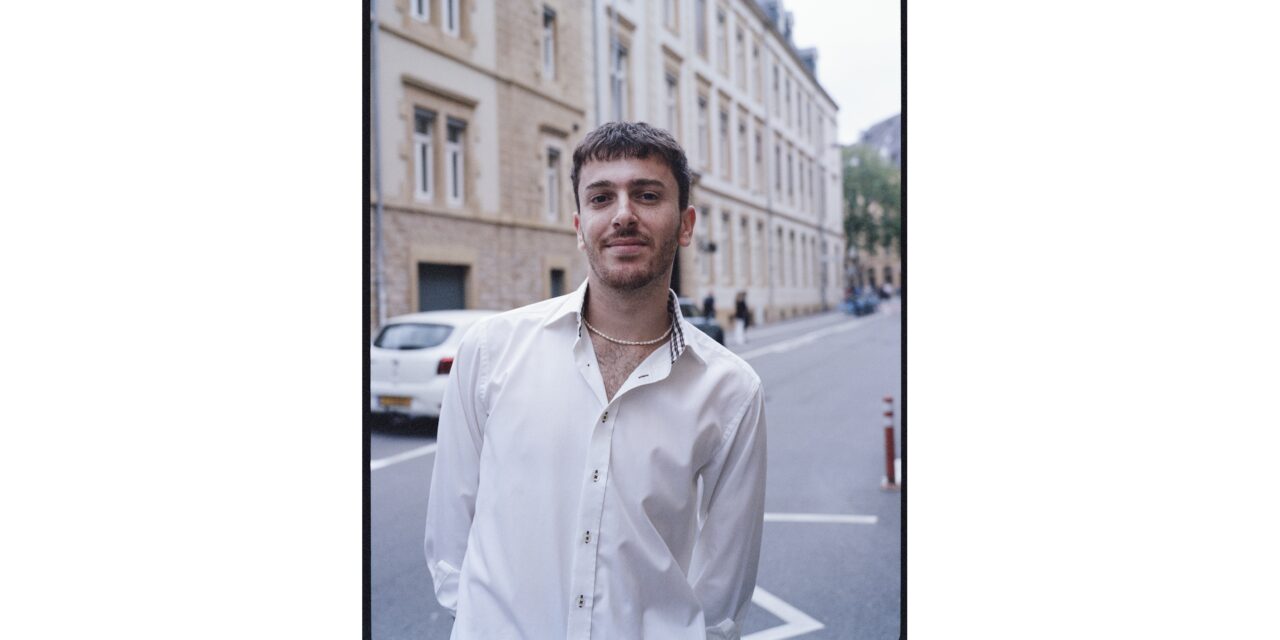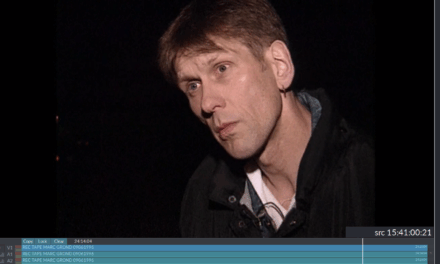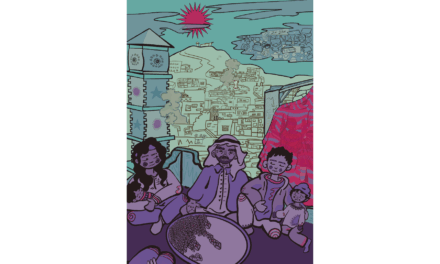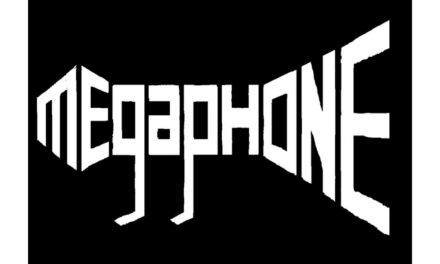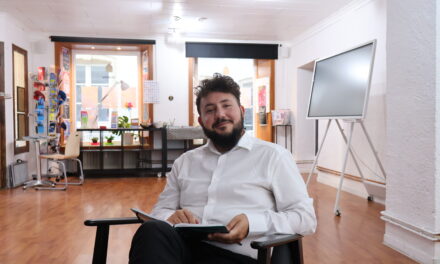Growing up watching Aladdin, I always envied him for having a magic carpet that allowed him to travel so easily. I never thought that in my real life, I would get to experience something similar. My carpet is the Luxembourgish language. This language which I am currently learning serves me no differently to how the magic carpet was serving Aladdin. Born and raised in the Kurdish part of Syria, I, as most of the Kurds, did not have a lot of legal rights and, strikingly, have no papers to be acknowledged. Most people do not know that many Kurdish people in Syria were seen as foreigners in their own land. In other words, we are not citizens of Syria. Born and raised there but never officially belonging here. That’s how the Syrian government perceived us. We never got any formal recognition or any documentation enabling us to exist within the Syrian borders or to travel beyond them.
In Luxembourg, I would at last get the chance to legitimately belong to a place and to move freely. Provided that you have lived in Luxembourg for 5 years and speak the national language, you are eligible to gain Luxembourgish citizenship. After fleeing Iraq due to discrimination, harassment, and threats of so-called ‘honor killing’ because of my sexuality and arriving in Luxembourg in 2020, I kept this in mind. The first language I learned after my arrival was, however, French. I prioritized French because I had to acquire a certain level to be accepted to the University of Luxembourg. Then, after a year or so, I began learning Luxembourgish. Since then, major aspects of my life have taken new directions.
Learning a New Language
As someone whose mother tongues are Kurdish and Arabic, I initially could not even distinguish between Luxembourgish and German. This inability to recognize Luxembourgish from other languages felt like an ignorant mistake and a sign of disrespect towards the country that accepted me to be part of it. That did not sit well with me. To earn respect from both myself and others, I knew I needed to make a change. I thus began learning Luxembourgish.
For me, there was no parallel approach to learning two languages. While I used YouTube extensively to study English and French, I was unable to do the same with Luxembourgish. Resources to learn Luxembourgish are very limited for someone who learns best on their own, like myself. There’s hardly any content on YouTube that teaches Luxembourgish – nor are there many accessible books to learn the language. As a result, I had to enroll in language classes. This leads to one of the biggest challenges of learning Luxembourgish: the cost. At least for someone in my situation, as a student and immigrant. A sixty-hour course costs 180 euros. While the government provides some assistance, it is not enough. Every six months, I am only allowed to request one “bon” or voucher, which allows me to take only two language classes a year. But two classes a year are not sufficient to study thoroughly and reach a level where you could converse.
To love in a language that cannot say ‘I love you’
The first phrase I ever learned in Luxembourgish was ‘Ech hunn dech gär’ which translates to ‘I like you’ but is often used romantically. As a queer person who fled his homeland to love freely, and whose entire existence centers around whom he loves, I was funnily shocked to learn that the verb ‘to love’ does not exist in Luxembourgish. No matter how intense your feelings are, you cannot convey that in Luxembourgish. Younger generations often use other languages to express affection, mainly the German verb ‘lieben’. Personally, I prefer French ‘Je t’aime’, since ‘aimer’ sounds more ‘amiable’ than lieben.
None of the languages I previously spoke are in any way similar to Luxembourgish. I think much of the simplicity of the Luxembourgish language lies in its conversational ease without the need for complex grammatical tenses. There are only about four tenses to learn, so you don’t need to spend endless time on grammar rules that might not be useful in real life.
However, there are many grammatical structures in this language that are completely unfamiliar to me. For example, in English, you would say ‘I went to the park yesterday’ or ‘Yesterday, I went to the park’ in both sentences, the main verb follows the subject. In Luxembourgish, if you start with a temporal adverb, you need to switch the verb and subject, ‘Gëschter, sinn ech an der Park gaangen’ which translates to ‘yesterday, went I to the park’. It is something I generally forget to do, so I probably won’t sound like a native speaker anytime soon. Another thing that baffled me—and something I’ll never fully understand is the need to use articles in Luxembourgish when referring to people. “Ech sinn den Ahmad” translates to “I am the Ahmad”. But why? Am I not recognizable enough without using a specific article? Isn’t it enough to just say ‘I am Ahmad’?
Eis Sprooch (Our language)
Despite its intriguing (and difficult-to-learn) characteristics, Luxembourgish is not an impossible language to connect with. While on vacation in Malta, I once heard people speaking Luxembourgish nearby. I experienced an unusual but deep sense of belonging with these people, they reminded me of my new home.
Sadly, the dynamics of inclusion often come with involuntary exclusion. Luxembourgish is spoken almost exclusively by native Luxembourgers. Not every language is specifically associated with a single nation. Not knowing the language can make you feel alienated from the national community, especially when people refer to it as “our” language—eis Sprooch—implying that it belongs to them alone. Moien asbl ; Eng Bréck fir eis Sprooch is an organization where I took some Luxembourgish courses. They seem to have understood the importance of inclusivity. They do not treat Luxembourgish as exclusive, but rather as an invitation to join the community. They mark themselves as a bridge connecting people to Luxembourgish culture and language. I find that heartwarmingI am still learning Luxembourgish. No matter how much I talk, I will never be able to adequately convey myself at this point of time. Learning this language will open many doors for me and lead to a more promising future, especially after having my fundamental rights denied throughout my youth. It is an incredible achievement to practice my freedom here, but not exercising this freedom in my mother tongue sometimes feels like a reminder of the injustice I’ve endured. Luxembourgish will undoubtedly shape my personality, transforming me in ways I cannot yet foresee, or grasp. Yet, if I were to make one final recommendation, I would strongly encourage others to take on the challenge of learning Luxembourgish. It may not seem worth the effort at first, but in the end, it will pay out.
Photo: Giulia Thinnes

